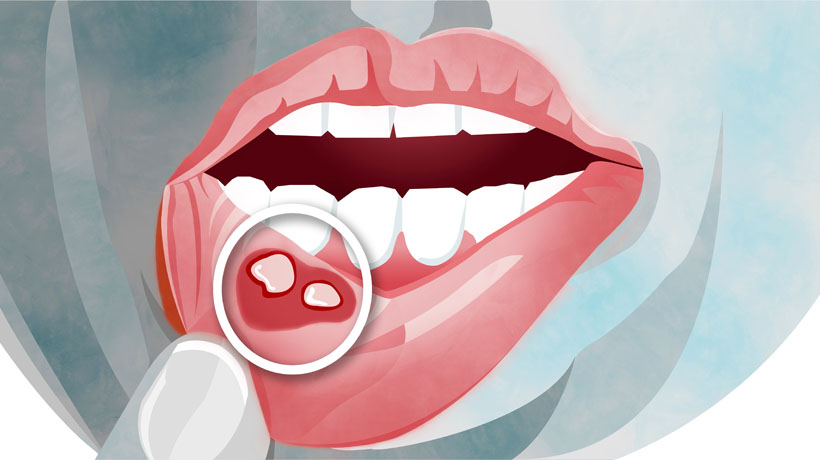If you’ve noticed that you’ve been more tired recently, unable to get off the couch, moody or unseasonably pale, you may have a folate deficiency. Folate, commonly known as folic acid, is the B vitamin responsible for building and repairing DNA. You’ve probably heard of it in the context of prenatal vitamins, but folate is an essential vitamin for everyone, even if you aren’t pregnant. It is needed for producing red blood cells that keep the body functioning properly. Without enough folate, you can develop anemia, a condition in which your blood isn’t getting enough oxygen. This can cause serious health problems.
Folate deficiency is usually caused by poor diet but can be the result of excess alcohol or an intestinal problem. For example, people with celiac disease or Crohn’s disease are at an increased risk of anemia because their body has a difficult time maintaining the amount of folate it needs. Another common cause of folate deficiency is taking medication that restricts folate absorption. Simple genetics can also make it more difficult for your body to maintain enough vitamins.
Luckily, folate deficiency is easily reversed with improved diet (spinach, legumes, citrus, whole grain cereals, etc.) or the use of regular vitamin supplements.
Here are some possible symptoms:
Fatigue
Due to a lack of folate, your body may not be getting enough oxygen in the blood. This deficiency makes your body more tired than normal. If the fatigue becomes persistent, it can be a symptom of the more serious condition, anemia, and you should contact a healthcare professional.
Mouth sores
Due to decreased red blood cell production, you may develop mouth sores from folate deficiency. Usually located on the sides of the mouth or bottom lip, these mouth sores are small, white with a pink rim, and usually go away in 10-14 days.
Paler skin
Not producing enough red blood cells can also change your appearance. From a lack of blood in the body, you may be looking paler than normal. This is usually a sign of anemia, and you should take a blood test to make sure.
Shortness of breath
Lack of oxygen in the blood from folate deficiency can pressure your body into trying to get more oxygen elsewhere. Consequently, you may experience a racing heartbeat or a feeling of not being able to catch your breath.
Weakness
If your body isn’t getting all the vitamins it needs, you’re going to feel out of energy. Try incorporating more leafy greens, eggs and legumes in your diet or taking a daily folate supplement.
Sources:
https://www.webmd.com/a-to-z-guides/folic-acid-deficiency-anemia#1
https://www.healthline.com/health/folate-deficiency



